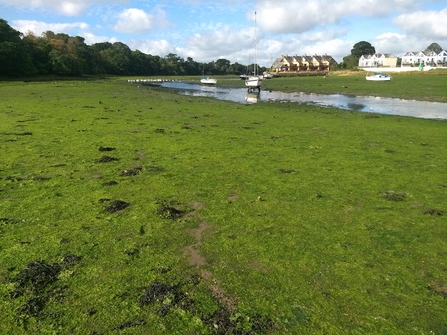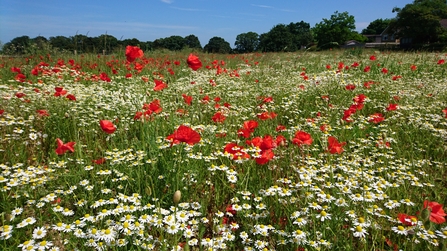The time for natural solutions
For too long economic development has come at the expense of the environment and wildlife. When pitting nature against the economy, nature has historically lost out. But now the Solent nitrates issue forces a different approach. We’ve reached the limit of what our environment can take. We’ve reached peak pollution!



